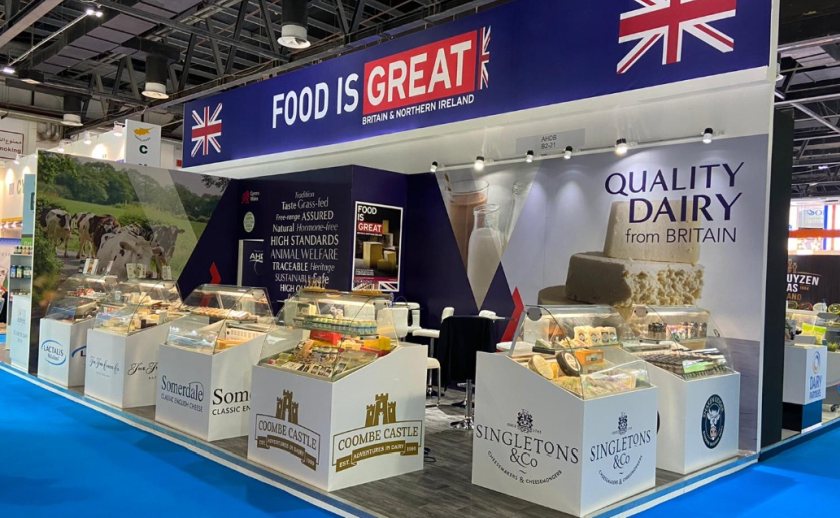
Halal export requirements for British dairy produce have come under the spotlight ahead of a major food trade show in the Middle East.
A webinar focusing on these requirements for key markets in the Middle East aimed to help British exporters expand their knowledge in halal certification.
The AHDB-run webinar looked at the requirements for different countries in this region, to help ensure exporters are informed for opportunities in these markets.
While halal certification is not mandatory on all dairy products in most exporting countries at present, AHDB said it can be helpful in certain situations or with certain buyers.
The webinar covered areas including details on the criteria for what makes dairy halal, the certification process, where product can be exported and how certification is monitored.
The webinar came ahead of Gulfood which takes place in Dubai from February 17-21, where AHDB will be joined by exporters showcasing British produce.
Tanveer Parkar, the levy organisation's senior market access manager, said markets in Asia and the Middle East presented significant opportunities for British dairy produce.
He said: "As someone who is part of the Muslim community, I understand that halal can sometimes feel like a complex or unfamiliar concept, so our webinar was aimed at helping provide more clarity for our dairy exporters.
“A question often asked is ‘isn’t all dairy halal?’ which is not necessarily the case. While milk itself is inherently halal, the way it is processed, handled, and the ingredients added can affect its halal status.
"For example, certain additives like enzymes, flavourings, or stabilisers derived from animals that are not slaughtered according to Islamic practices can make a dairy product non-halal."
While obtaining the correct halal certification may not always be mandatory, Mr Parkar said it can be beneficial for exporters targeting markets like Indonesia, Malaysia and the GCC.
"Not only does it ensure compliance with local requirements, but it also enhances your brand profile and builds trust with consumers, adding significant value to your offering," he said.
